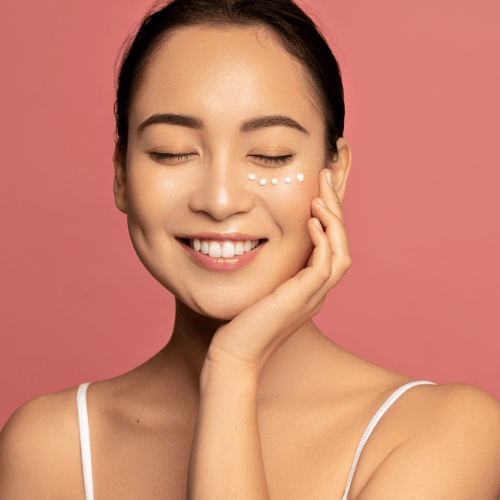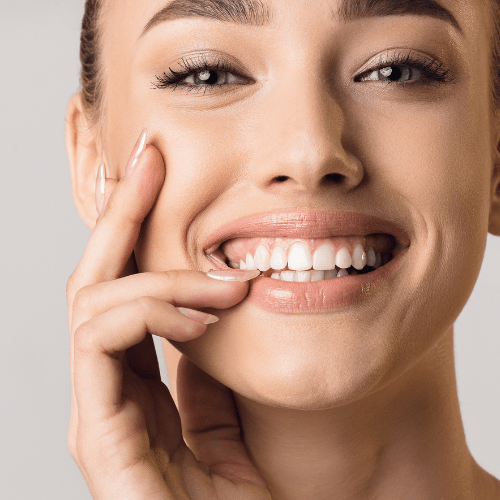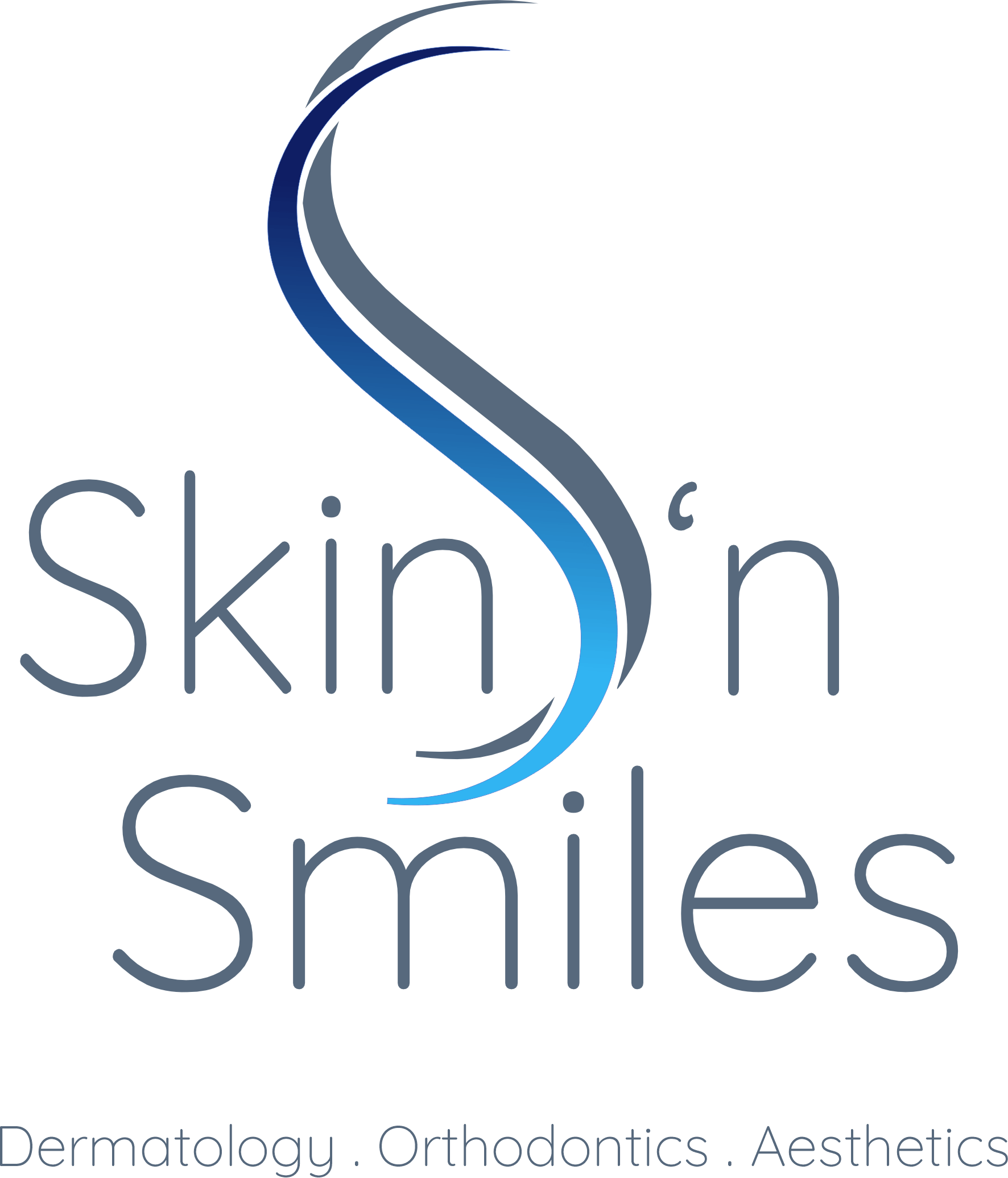Can You Reverse Sun Damage?
Can you reverse sun damage?
Try as we might, it is practically impossible to avoid harsh summer sun completely. Exposure to harmful UV rays can cause both short-term discomfort and long term issues like dark spots, premature ageing and discolouration. In fact, research has shown that UV rays are responsible for 80% of skin’s ageing. But is it possible to reverse this damage? Worry not! In this blog, Dr. Sachin shares some ways that you can treat and repair sun-damaged skin.

Sun burns
Indian skin is blessed with plenty of melanin – the pigment that gives skin, hair and eyes their colour, and protects skin by dissipating over 99.9% of absorbed UV radiation. It is a common myth that dark skinned people cannot get sunburned. Whenever you are going out in the sun, *always* wear sunscreen.
Sunburns are painful, and result in damage to the DNA of the skin cells, and can cause lasting damage. The first things to do is to ease the pain and sensitivity by using cooling products like aloe Vera gel and calamine and special “after sun” skincare products which do not contain harsh chemicals. Allow skin time to heal and repair some of the damage by itself, and drink plenty of water to keep yourself hydrated. Post sunburn sun protection is essential to prevent permanent darkening of the sunburnt area as Indian skins are especially prone to it. If the skin gets red, swollen and cracks up, it’s time to see a dermatologist as you may need anti allergic and skin healing medication.
Wrinkles & Sun Spots
Constant unprotected exposure to sun is largely responsible for skin’s ageing. This is because UV rays breakdown elastin and collagen – the two proteins which are responsible for keeping skin firm and smooth. We have a range of options to treat and repair wrinkles and ageing skin. Chemical peels are commonly recommended for removing the top layer of dead skin cells to reveal brighter skin. There are variety of peel compositions and we recommend the one best suited to your skin’s needs. Another popular procedure to treat lightly damaged skin is microdermabrasion. At Skin ‘n Smiles we offer a specialised rejuvenating facial treatment called Aqua Infusion that involves exfoliating using microdermabrasion and infusing skin with skin enriching vitamin C and hydration.
For more serious ageing issues, laser therapy is the most effective option. At our clinic we use the most advanced technologies for anti-ageing procedures. One which is highly sought after by our patients is ResurFX – a non-invasive skin resurfacing technology to improve skin discoloration, wrinkles and scars – providing great results with minimal recovery time.
Melasma
Melasma are splotchy brown or grey patches on the skin. This dark skin discolouration is caused by excess sun exposure, and is typically present on the face but can also show up on other parts of the body that get exposed to a lot of sun. Internal factors like hormones, diet and deficiencies also play an important role, so a full assessment is required. The best treatment for melasma is prevention – always generously apply sunscreen to all exposed areas of your body.
Melasma can be treated and reversed to a great extent using a combination of ointments and skin lightening treatments. Research has shown that medications with hydroquinone, kojic acid, and/or glycolic acid are effective in reducing discoloured skin. Mesotherapy, Mild Peels, microdermabrasion and specialised laser treatments for skin brightening and rejuvenation are all effective in reducing and repairing melasma-affected skin.
When you should see your Dermatologist
While typically sun damage will have the above mentioned effects, it is important to observe any changes to your skin – particularly new or changing marks or moles. If you notice these, it is important to come see the doctor and get yourself checked out as these could be a sign of skin cancer.
Even when you come in for a treatment at our Clinic, our doctors are available to consult on your skin issues, and advice on the specific treatment plan best suited for your condition.
It is best to avoid going out in the sun between 10 a.m. and 3 p.m., when UV intensity is the strongest. And finally, we’d like to reiterate – remember the sunscreen!





